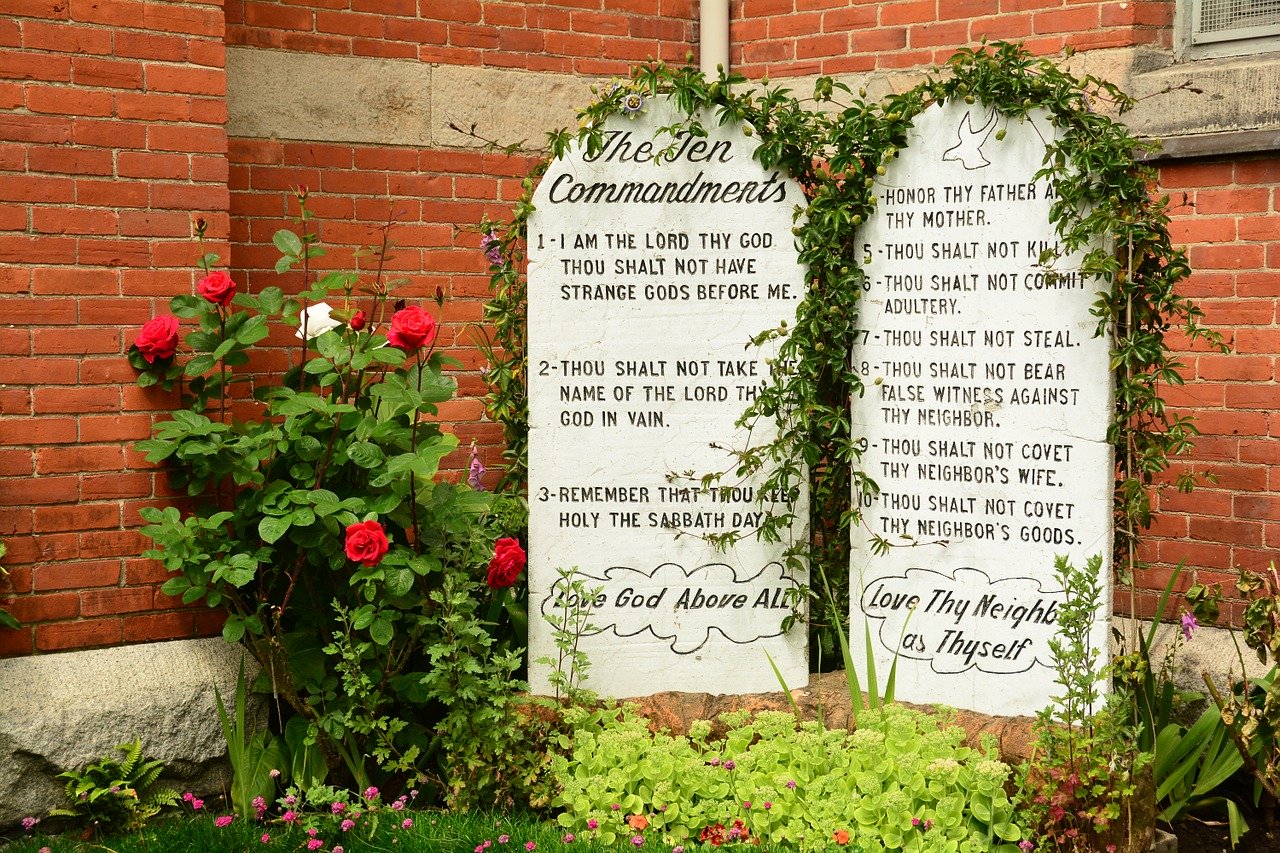Here’s the truth about Apostle Paul tithing: He didn’t pay tithes. The Mosaic Law required tithes from Israelites who raised agricultural crops and livestock. The Apostle Paul was a tentmaker. Under the Mosaic Law, skilled tradesmen didn’t pay tithes. Therefore, the Apostle was exempt from paying tithes.

Table of Contents
- Watch the Video
- The Mosaic Law Is Clear
- No Tithes From a Tentmaker
- The Lord Didn’t Accept Money
- No Tithes From Defiled Lands
- Frequently Asked Questions About New Testament Tithes
- Recap
- Find Out More
Watch the Video
The Mosaic Law Is Clear
The Mosaic Law provides specific instructions regarding tithing. It identifies who had to tithe. It specifies what constitutes a tithe. Additionally, the Law outlined the circumstances for tithing. Considering all these factors, we learn that the Apostle Paul was exempt from paying tithes. The Old Covenant has strict rules and regulations regarding the payment of tithes.
Numbers 18:21
21 And, behold, I have given the children of Levi all the tenth in Israel for an inheritance, for their service which they serve, even the service of the tabernacle of the congregation.
No Tithes From a Tentmaker
The tithe had to come from landowners, specifically ancient Israelites who farmed the land and raised livestock in ancient Israel. The Apostle Paul was a tentmaker by trade, so he didn’t meet this criterion.
Leviticus 27:30
30 And all the tithe of the land, whether of the seed of the land, or of the fruit of the tree, is the Lord’s: it is holy unto the Lord.
Leviticus 27:32
32 And concerning the tithe of the herd, or of the flock, even of whatsoever passeth under the rod, the tenth shall be holy unto the Lord.
Acts 18:3
3 And because he was of the same craft, he abode with them, and wrought: for by their occupation they were tentmakers.
The Lord Didn’t Accept Money
The Mosaic Law requires tithes in the form of crops and herds. Since the Apostle Paul was a tentmaker, he was in no position to tithe. He earned wages from his occupation. Also, there’s no biblical account of him farming land or raising cattle. From that standpoint, he had nothing to tithe. Money was not an acceptable tithe under the Old Covenant.
No Tithes From Defiled Lands
The biblical tithe had to come from the land of ancient Israel. The Lord designated ancient Israel as a holy land. The Apostle Paul was from Tarsus, which was a Roman territory. The fact that the Apostle Paul lived outside ancient Israel is another factor that made it unnecessary for him to pay tithes.
The Mosaic Law rejected tithes from areas outside ancient Israel. Leviticus 27:30 refers to “the tithe of the land,” referencing ancient Israel. Lands outside ancient Israel were considered defiled.
Acts 21:39
But Paul said, I am a man which am a Jew of Tarsus, a city in Cilicia, a citizen of no mean city: and, I beseech thee, suffer me to speak unto the people.
Encyclopedia Britannica
Paul was a Greek-speaking Jew from Asia Minor. His birthplace, Tarsus, was a major city in eastern Cilicia, a region that had been made part of the Roman province of Syria by the time of Paul’s adulthood.
Frequently Asked Questions About New Testament Tithes

Did Jesus Abolish Tithing?
Jesus’ life and ministry marked a turning point in the spiritual law passed on by God to his people. Through Christ’s death, burial, and resurrection, He abolished the law of tithing – shifting the focus of true spiritual worship from legalism to grace.
Hebrews 10:22 says, “Let us draw near with a true heart in full assurance of faith, having our hearts sprinkled from an evil conscience, and our bodies washed with pure water.” Here it is made clear that through a true heart, we can have an intimate relationship with God without following the external rules dictated for ancient Israelites by priests, such as paying tithes.
Jesus Christ came to bring the freedom that allows us to enter into a direct relationship with God through faith and grace. Archaic rituals no longer bind us; instead, he set believers free to serve God by faithfully loving and caring for others.
Is Tithing Abolished in the New Testament?
In the New Testament, grace-based giving replaced the sacrificial system of tithes. Unlike the tithe commandment of the Mosaic Law, the New Testament doesn’t command Christians to give ten percent of their earnings. Instead, every believer can give back financially to God in any way they find suitable and appropriate.
God’s grace empowers believers to decide how much they should give and encourages them to give with a generous heart. In addition, the Bible encourages us to give in response to our heartfelt love for God and gratitude for His many blessings.
The principle of cheerful giving (2 Corinthians 9:7) forms the basis of grace-based giving. It’s not done under compulsion but out of love and thankfulness for what God has done.
What does Paul say about tithing?
Paul said, “Let each one do just as he has purposed in his heart; not grudgingly or under compulsion” (2 Corinthians 9:7). This verse means that the amount we decide to give is entirely up to us.
He also said, “For God loves a cheerful giver” (2 Corinthians 9:7). This tells us that giving with a joyful heart is essential, rather than out of obligation or grudgingly. Giving should be a voluntary act, not a legalistic obligation.
Paul talks about how we can use our gifts and talents to help others. He said, “He who supplies seed to the sower and bread for food will supply and multiply your seed for sowing and increase the harvest of your righteousness”(2 Corinthians 9:10). This is a reminder that when we use our resources to help others, God will bless us in return.
Recap
The Apostle Paul was excluded from paying tithes for several reasons. One, he wasn’t a farmer or herdsman. He was a tentmaker. Under the Mosaic Law, skilled tradesmen didn’t pay tithes. Two, tithes had to take the form of crops and livestock. Since the Apostle Paul didn’t raise agricultural produce, he wasn’t required to tithe.
Finally, the tithe had to come from ancient Israel. The Apostle Paul was a Roman citizen who didn’t live in Israel, which exempted him from paying tithes. Based on the Mosaic Law Covenant, the Apostle Paul was under no legal (or moral) obligation to pay tithes.
Find Out More

Discover the hidden truth about tithes the church doesn’t want you to know. Click here. All verses listed are from the King James Version of the Bible unless stated otherwise.









